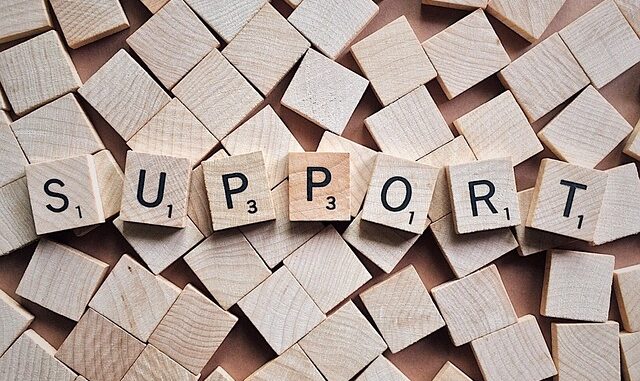
Summary
This article provides actionable steps for recovering substance abuse addicts, focusing on understanding addiction, seeking support, and building a healthy lifestyle. It emphasizes the importance of self-care, stress management, and relapse prevention. It offers a hopeful message of recovery and encourages seeking professional help.
** Main Story**
Conquering Addiction: A Guide to Recovery
Let’s be honest, recovering from substance abuse? It’s a tough climb. But it’s absolutely achievable. This isn’t just about willpower; it’s about understanding the process and taking the right steps to reclaim your life. I’ve seen people do it, and I know you can too.
Step 1: Understanding Your Addiction
First, let’s get something straight: addiction isn’t a moral failing. It’s a chronic disease, plain and simple. What does this mean? It fundamentally alters your brain, making it incredibly difficult to control substance use, even when you know it’s hurting you. Recognizing this is the crucial first step to recovery, if you don’t understand the problem, how can you begin to solve it?
Addiction is driven by a complex mix of factors. Think genetics, your environment, your personal experiences – they all play a role. Then there’s the brain’s reward system. I remember reading a study that illustrated it perfectly, and it really stuck with me. When you use substances, dopamine floods your brain, creating a rush of pleasure. But here’s the catch: this reinforces the behavior. Over time, you build tolerance, needing more and more to get that same high. That’s when addiction really takes hold.
Step 2: Seeking Support
Building a solid support system? Non-negotiable. It’s like having a safety net while you learn to walk again. Connect with family and friends, people who genuinely understand what you’re going through. Don’t be afraid to be vulnerable. Similarly, consider joining support groups like AA or NA. It’s a safe space to share experiences, find encouragement, and learn from others’ journeys. There’s something incredibly powerful about knowing you’re not alone in this.
Professional help is invaluable too. Therapists and counselors can provide evidence-based treatments like CBT (Cognitive Behavioral Therapy) and motivational interviewing. These therapies help you identify what triggers you, develop coping mechanisms, and, importantly, prevent relapse. For opioid or alcohol addiction, medication-assisted treatment (MAT) can really ease those awful withdrawal symptoms and reduce cravings. And honestly, sometimes you need all the help you can get.
Step 3: Building a Healthy Lifestyle
Recovery isn’t just about quitting substances; it’s about building a life that actively supports your sobriety. Think of it as rebuilding your foundation.
Prioritize your physical and mental health. Eat nutritious meals – fuel your body right. Exercise regularly – even a brisk walk can make a difference. And get enough sleep. These practices strengthen your body and mind, making you more resilient to cravings and stress. After all, a healthy body can have a healthy mind.
Develop healthy coping mechanisms. Explore hobbies, engage in creative activities, or spend time in nature. Seriously, when was the last time you went for a hike? Learn stress-reduction techniques like meditation or deep breathing exercises. These activities provide healthy outlets for emotions and help you manage triggers. I know it sounds cliché, but finding a hobby you genuinely enjoy can be a game-changer, it gives you something to look forward to, something to fill the void.
Step 4: Preventing Relapse
Relapse is a common part of recovery, but don’t let it derail you. It’s a setback, not a failure. Identify your personal triggers – those situations, emotions, or people that can lead to cravings. What are those things that make you want to turn back to your addiction?
Develop a relapse prevention plan. This includes strategies to cope with cravings, such as calling a supportive friend, engaging in a healthy activity, or attending a support group meeting. If you do relapse, don’t beat yourself up. Learn from the experience and use it to strengthen your commitment. Seek additional support from your therapist or counselor to adjust your treatment plan. Remember: it’s a marathon, not a sprint.
Step 5: Embracing the Journey
Okay, let’s be real: recovery is a lifelong commitment, but it’s worth it. Embrace the journey and celebrate every single win, no matter how small. Be patient with yourself and remember that setbacks are opportunities for growth. One of my friends relapsed twice before finally kicking his habit, and is now 5 years sober. You can do it too.
With determination, support, and a commitment to self-care, you can conquer addiction and live a fulfilling, substance-free life. You are not alone, and help is always available. And frankly, that’s the most important thing to remember.


Be the first to comment